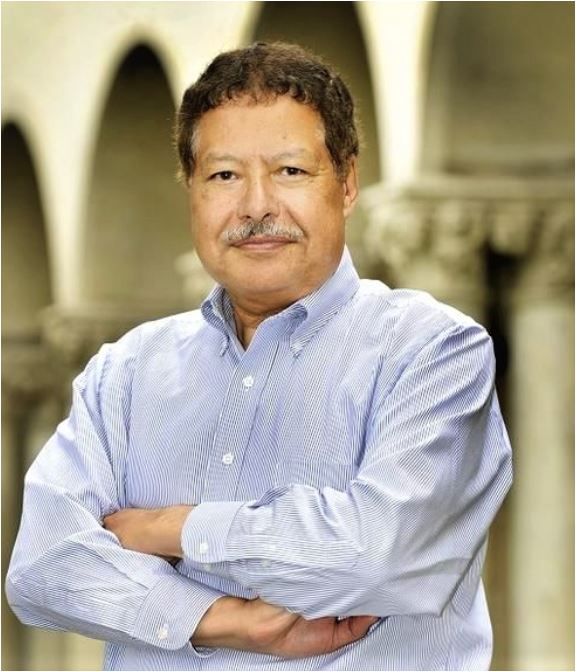Ahmed Zewail was awarded the Nobel Prize in Chemistry in 1999 for his groundbreaking contributions to the field of femtochemistry. His work focused on studying chemical reactions on ultrafast timescales, specifically in the realm of femtoseconds (one femtosecond is equal to one quadrillionth of a second).

Zewail developed a revolutionary technique called femtosecond spectroscopy, which combined laser technology with molecular beams to investigate chemical reactions with unprecedented temporal resolution. This technique allowed scientists to observe the movements and interactions of atoms and molecules during chemical reactions in real time.
By using ultrafast laser pulses, Zewail was able to initiate chemical reactions and then monitor the changes in molecular structure and dynamics as they occurred. This enabled him to unravel the intricate details of reaction mechanisms, such as the formation and breaking of chemical bonds, and the transfer of energy within molecules.
Zewail’s pioneering work in femtochemistry provided fundamental insights into chemical reactions and shed light on the mechanisms that govern the behavior of matter at the molecular level. His research not only advanced our understanding of fundamental chemical processes but also had implications for various fields, including catalysis, materials science, and pharmaceutical development.
The Nobel Prize in Chemistry was awarded to Ahmed Zewail in 1999 in recognition of his groundbreaking contributions to femtochemistry and his profound impact on the field of chemical kinetics. His work laid the foundation for further studies in ultrafast science and continues to inspire researchers in their quest to understand and control chemical reactions at the atomic and molecular scale.




